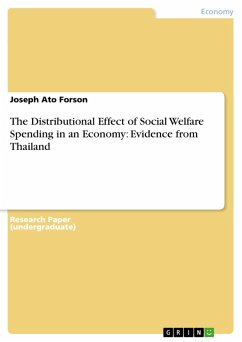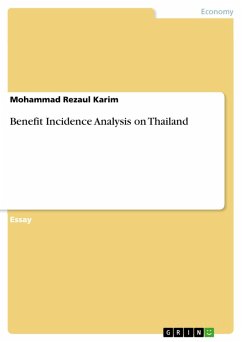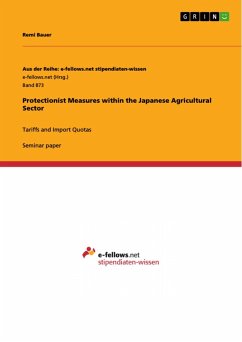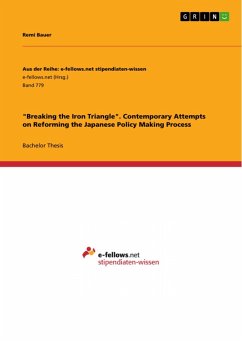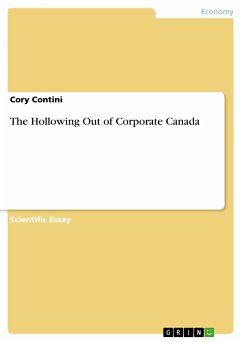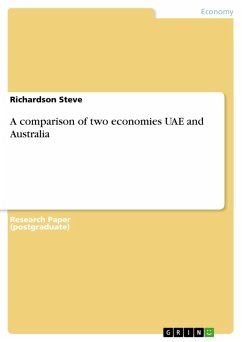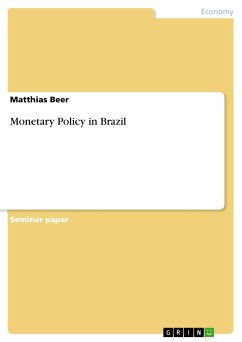Research Paper (undergraduate) from the year 2013 in the subject Economics - Case Scenarios, grade: A, , course: Fiscal and Monetary Policy Analysis and Management, language: English, abstract: This paper attempts to test the validity of public welfare spending theories (compensation theory, system theory, median voter theory, group theory, Incrementalism and some variants of public choice theory) in the context of Thailand. The study make use of GDP, previous welfare spending, increases in population, tax revenue, openness to trade, democratic government, labour union, trade association, urbanisation and welfare spending as a share of GDP over the period 1982 - 2007. We found strong and positive link between globalisation, GDP, tax revenue, labour union and previous welfare spending with Thailand welfare spending. These increases will invariably call for increased access to education, health care systems and other related welfare spending which means, the revenue base has to be increased through tax. We therefore recommend Thai Government to undertake reform in the tax system to broaden the tax net. Also, land and property tax systems ought to be reformed as well to extend coverage. We also recommend the stimulation of domestic demand in Thailand to reduce the over reliance on the international market which exposes countries to high end risks and uncertainties. The falling population growth in Thailand could also spell a doom to Thai's labour supply. Thailand currently relies on immigrant workers from neigbouring countries like Myanmar, Laos, Vietnam and Burma. As the economic conditions in these countries improve, these immigrant workers might return. This will create a shortage in the supply needs to cater for the ever increasing demand propelled by the continuous industralisation of the Thai economy. Policy decision makers should factor this in their subsequent decision to mitigate this effect in the near future.
Dieser Download kann aus rechtlichen Gründen nur mit Rechnungsadresse in A, B, BG, CY, CZ, D, DK, EW, E, FIN, F, GR, HR, H, IRL, I, LT, L, LR, M, NL, PL, P, R, S, SLO, SK ausgeliefert werden.

